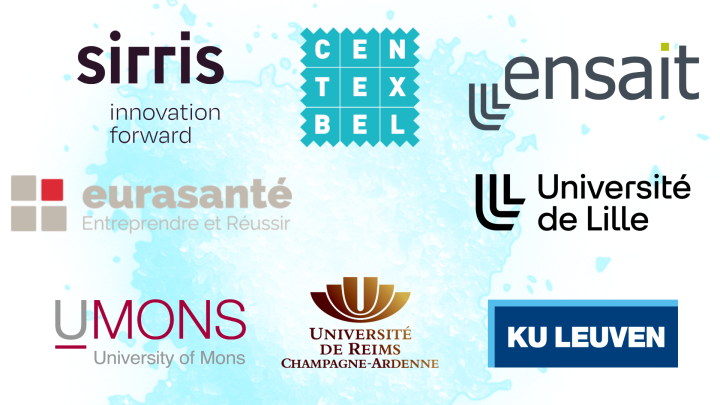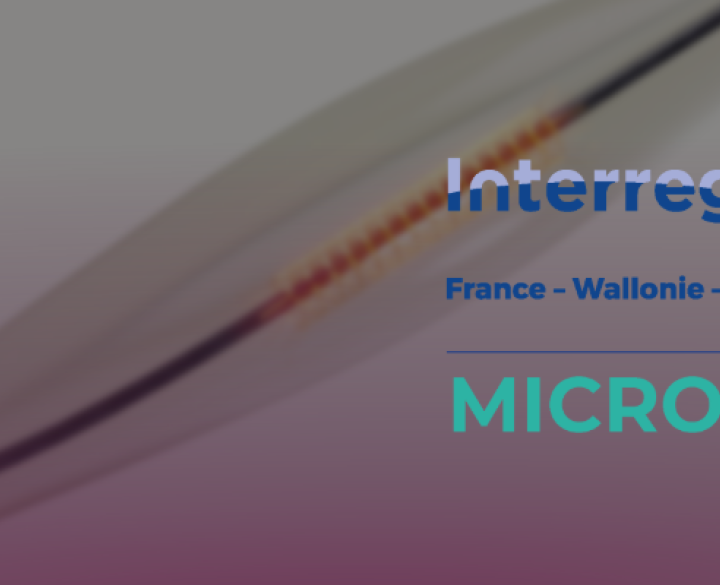With the increase in chronic diseases, cancer and trauma, the need for therapeutic solutions for tissue reconstruction is growing significantly. However, the devices produced have to undergo a large number of tests to be validated, including in vivo testing on animals.
The challenge of this project is to reduce the number of in vivo tests by designing an innovative microfluidic platform for the development and evaluation of medical devices for tissue reconstruction. This ‘organ-on-a-chip’ approach is a real technological breakthrough.

MICROPLAITE will lead to an integrated platform, enabling cell culture on new growth media and its validation. Special microfluidic bioreactors will support cell cultures by mimicking the microenvironment of natural tissues and providing cells with nutrients, oxygen and other elements in a controlled manner.
The result of the project is the miniaturisation of an original, powerful growth and analysis tool, offering a significant increase in throughput and precision for therapeutic cell regeneration solutions. The system is intended to be used much more widely than in conventional cell growth protocols.
Role of Centexbel
Centexbel will mainly be involved in the production of electrospun membranes. These membranes will be produced from different polymers such as alginate, PEO, chitosan, collagen or PCL. In addition to varying the polymers, multicomposite structures (association of several polymers, either in blends or in multilayers) will also be produced. In addition to using different polymers, we will also create structures with different porosities using honeycomb collectors, as well as structures with a particular orientation of electrospun wires. All this will allow us to validate the microfluidic system as widely as possible.
Consortium

Project leader
- Sirris
Research partners
- Centexbel
- Ensait, Université de Lille
- Eurosanté
- KULeuven
- UMONS
- Université de Reims
Financing

Total budget: € 2.846.917
ERDF financing: € 1.488.479




